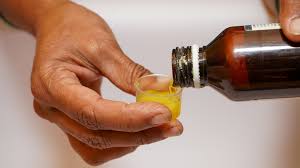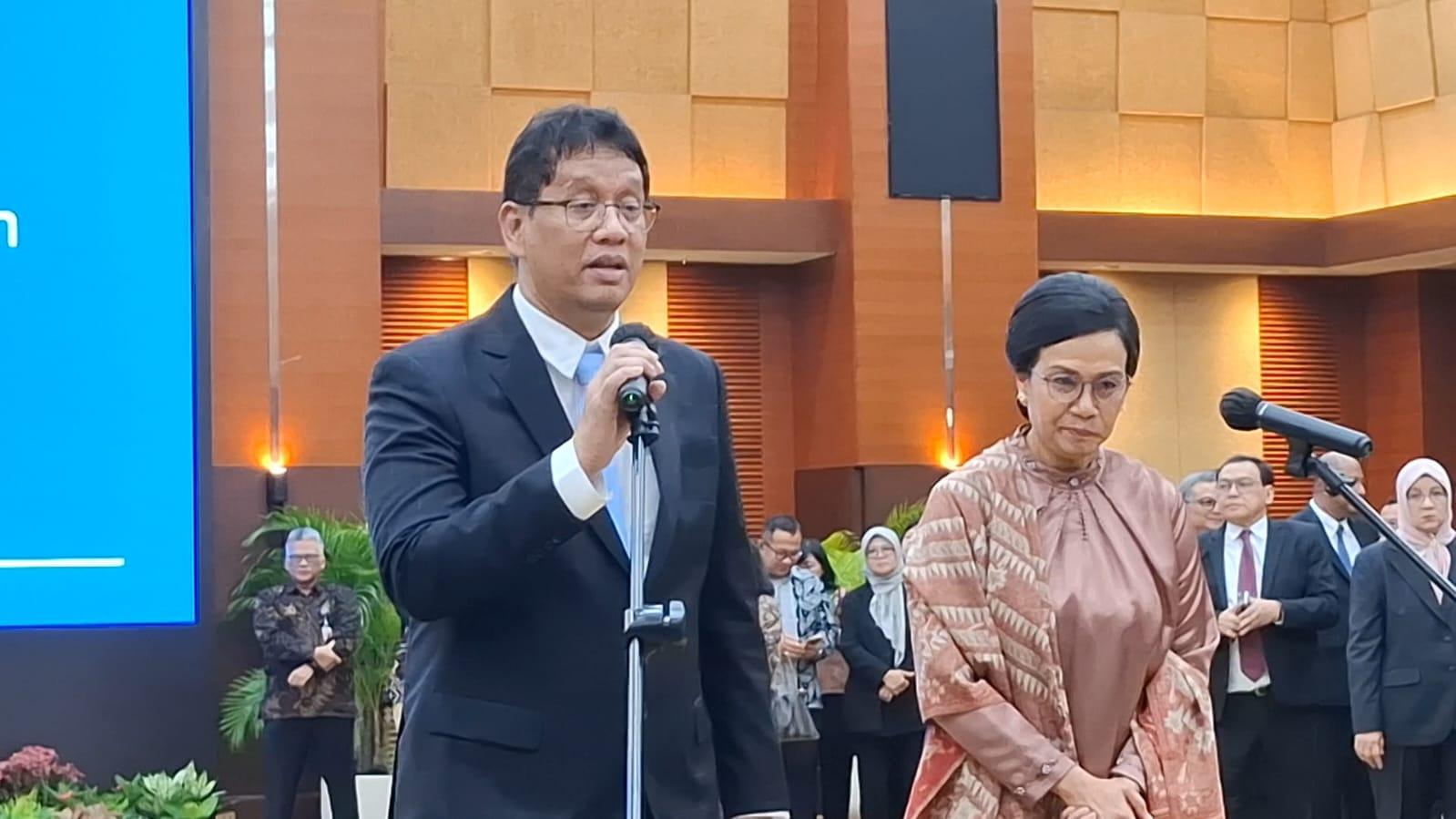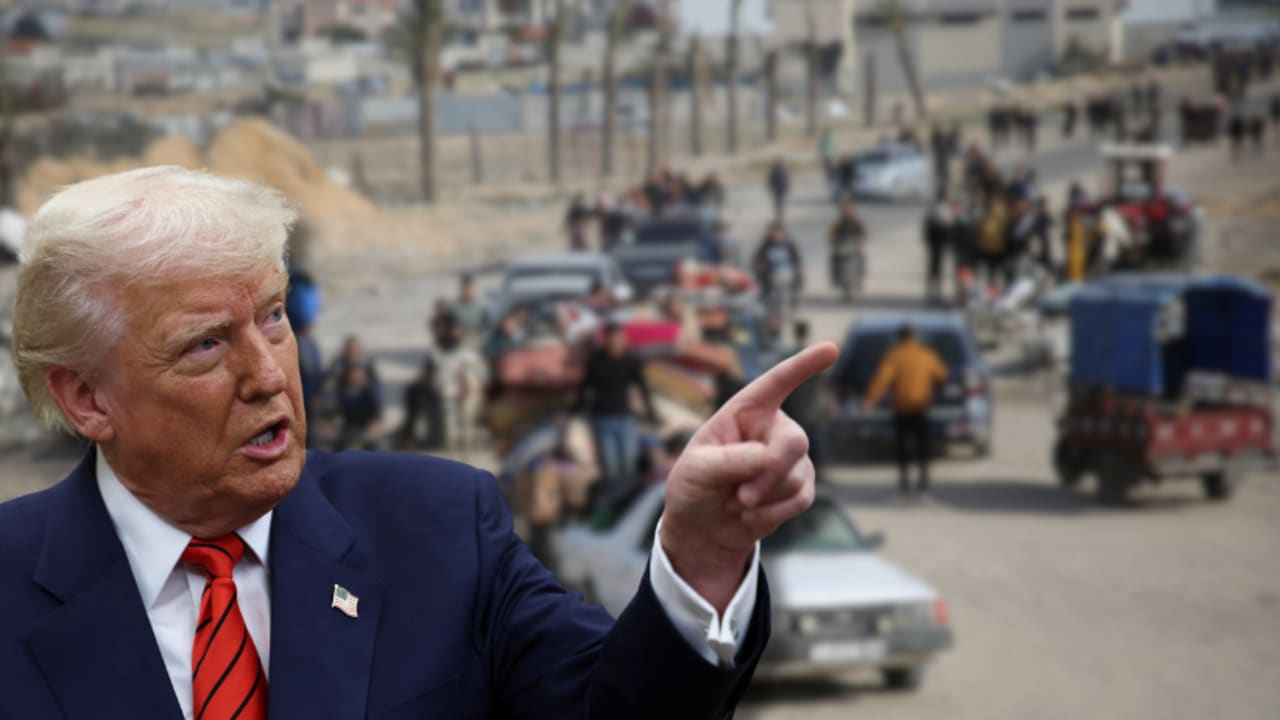India is once again facing scrutiny over pharmaceutical safety after nine children reportedly died in a northern district following the consumption of a cough syrup suspected to contain toxic chemical substances. The heartbreaking incident, which took place in the state of Uttar Pradesh, has reignited concerns over the recurring issue of drug contamination in locally produced syrups.
According to early reports from local health authorities, the children had been given the cough syrup to treat common cold symptoms. Within hours, several began experiencing vomiting, seizures, and respiratory distress. Despite being rushed to nearby hospitals, nine children could not be saved. Authorities have now launched an urgent investigation to determine the source and composition of the medicine involved.
Local police have sealed the pharmacy where the cough syrup was purchased, while forensic teams have collected multiple samples for laboratory testing. Preliminary findings suggest that the product may contain diethylene glycol (DEG) or ethylene glycol (EG) — toxic industrial solvents that are sometimes used illegally as cheaper alternatives to pharmaceutical-grade glycerin.
Government Orders Immediate Probe and Product Recall
Following the tragic deaths, the Indian Ministry of Health and Family Welfare has ordered a nationwide inspection of cough syrup manufacturers. Officials are also working with the Central Drugs Standard Control Organization (CDSCO) to recall all batches of the suspected product pending chemical analysis results.
Health Minister Dr. Mansukh Mandaviya expressed deep sorrow over the incident, stating that the government “will not tolerate negligence when it comes to the safety of children.” He further emphasized that any manufacturer found guilty of malpractice will face immediate suspension of its license and criminal prosecution.
Authorities have also instructed hospitals to report any additional cases of unexplained poisoning, particularly among children who may have consumed similar medications. Local health centers are being advised to suspend the distribution of unverified cough syrups until further notice.
This is not the first time India’s pharmaceutical industry has come under international scrutiny. In recent years, several cases of contaminated cough syrups produced in India have been linked to child fatalities in Gambia and Uzbekistan, prompting the World Health Organization (WHO) to issue global safety alerts.
Experts Warn of Weak Quality Control and Regulatory Gaps
Pharmaceutical experts have long warned that weak quality control and regulatory loopholes continue to plague small-scale drug manufacturers in India. While major pharmaceutical companies generally comply with international safety standards, smaller factories operating with limited oversight often lack proper testing equipment or follow inconsistent production protocols.
Dr. Arvind Nayar, a public health researcher in New Delhi, explained that the use of industrial-grade chemicals like diethylene glycol has been a recurring problem. “These substances are cheap and colorless, which makes them attractive to unethical producers looking to cut costs. Unfortunately, even small doses can cause irreversible kidney failure and death in children,” he said.
Health advocacy groups are now urging the Indian government to implement stricter surveillance systems and mandatory third-party testing for all over-the-counter liquid medications. “We cannot rely solely on post-incident investigations,” said one NGO representative. “There must be proactive measures to prevent these tragedies before they occur.”
Growing Global Pressure on India’s Pharmaceutical Exports
India, known as the “pharmacy of the world,” supplies medicines to over 150 countries. However, incidents like this one have raised international concerns about the integrity of its drug supply chain. In 2023 and 2024, several countries temporarily suspended imports of certain Indian-made syrups following contamination reports.
Global health regulators, including the U.S. Food and Drug Administration (FDA) and European Medicines Agency (EMA), have since called for closer collaboration with Indian authorities to ensure stricter adherence to Good Manufacturing Practices (GMP).
Industry analysts warn that repeated contamination scandals could threaten India’s reputation as a reliable exporter of affordable medicines.
Meanwhile, grief continues to engulf the affected families. Local community leaders have called for justice and better protection for children. “No parent should lose a child because of a medicine meant to heal,” said one resident during a candlelight vigil held outside the district hospital.
As investigations continue, the tragedy serves as a stark reminder of the importance of vigilance, transparency, and accountability in the pharmaceutical sector — especially when the lives of vulnerable children are at stake.



